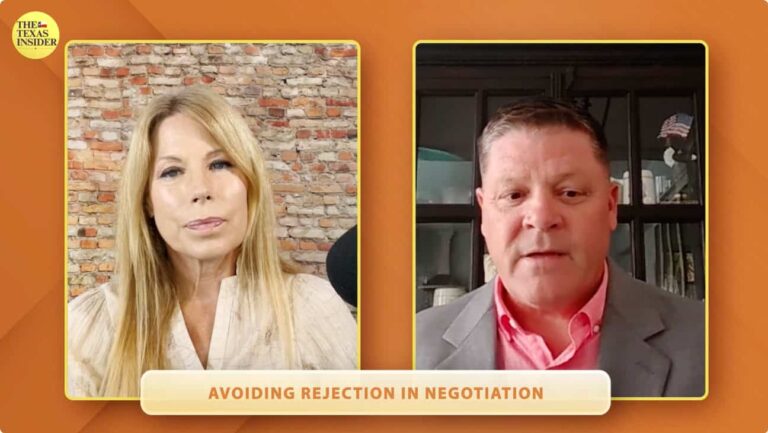Is your client, colleague, or respected opponent a difficult person? Do they ask for favors, dominate, or stretch the truth? When negotiating, difficult people can become a nightmare. We’ll show you how to stay a few steps ahead of them and structure your interactions to prevent your negotiation from derailing.
Tale of Two Leaders
Let’s look at Casey and Reese.
Casey is confident and focused. They get what they want by putting other’s interests ahead of their own in a focused and respectful manner. As a result, they choose actions that create significant value for others. In turn, they are rewarded for creating value. Casey is a leader.
Reese is confident and focused. They get what they want by putting their interests ahead of everyone else. They extract value before they create value for others, if ever. Reese is a narcissist.
You don’t need a psychology degree to negotiate. Instead, there is a framework to help you separate the Caseys from the Reeses.
When you first meet Casey or Reese, they may seem very much alike – both confident and focused. What happens next? As time passes, you sense something is a little “off” with Reese. At first, you may overlook these smaller discrepancies. As they pile up, things may start to go awry in your relationship or at work. You may even question yourself and ask, “Where did I go wrong with this person? Why did they become so difficult?”
Predicting who will be “difficult to work with”
We all deal with difficult people, but the real question in negotiation is, “Can you trust them?”
In the beginning of a relationship, you won’t. Without exception, you should always be respectful, but don’t assume your respected opponent comes to you with the characteristics of trust.
Steven Covey names four attributes of credibility that underlie trust. As you get to know a respected opponent, it’s helpful to keep track of how strong they are in:
- integrity
- intent
- capabilities
- proven history of results
How do you detect if a person is trustworthy?
Let’s go over integrity, intent, capabilities and results as we see them.
Integrity means that they do what they say. Casey and Reese agree to make $1000 in a week for you, and they each achieve that. Therefore, both have integrity.
Intent is about how a person does what they say. Showing intent means that someone did something in the way you all agreed. To get the $1000, Casey got a new client, but Reese robbed a bank. Reese is not aligned with your intent.
Capabilities mean having the skills to get the job done. Let’s assume you need a financial model. Casey and Reese both claim they can use Excel. As you thought, Casey is proficient with Excel, but the quality of Reese’s work is below what he proposed. Reese can’t complete the job; that’s a lack of capability.
People that show proven results over time always deliver, project after project. Other people won’t. That is why you can’t determine that anyone is trustworthy from the start. Casey meets your expectations; Reese has excuse after excuse.
All four are required; you can’t pick and choose. Only over time will someone show you that they possess the four attributes. Remember, you shouldn’t jump to trust anyone until they have demonstrated all four characteristics, but you should always treat them with respect and build rapport.
Can you negotiate with someone without trust?
The Camp Systems says definitely. Here’s how:
- Keep focused on the pain and opportunity of your respected opponent.
Pain is the real problem that keeps the negotiation moving forward. It’s why the other side wants to negotiate with you, although it may not be obvious or named. Opportunity is the chance for advancement. - Define and conserve your Negotiation Budget: the time, energy, money, and emotion you invest in a negotiation. Remain emotionally neutral because you will make better decisions when you feel safe and calm. For most, this is tough but limiting your emotional spend in your budget helps.
- Be incremental. Create a series of small agreements with conditions that offer all parties the right to veto under specific conditions. Be clear about penalties for failure to perform as agreed. Only when the first agreement is implemented do you move on to the second, and so forth.
- Maintain your right to veto and offer the right to veto to your respected opponent. This is principle #1 of the Camp System.
Don’t just look at everyone else – use a mirror. Holding yourself to these standards will allow people to have greater trust in you.
Recommended read:
Steven Covey, The Speed of Trust, July 2018 edition, (New York: Simon & Schuster, Inc. 2006, 2018), 44-45.





